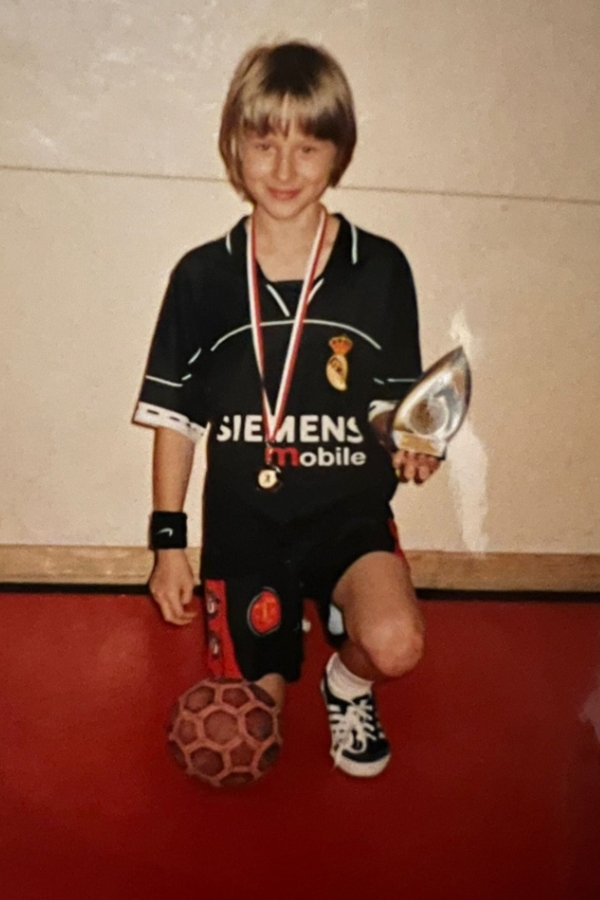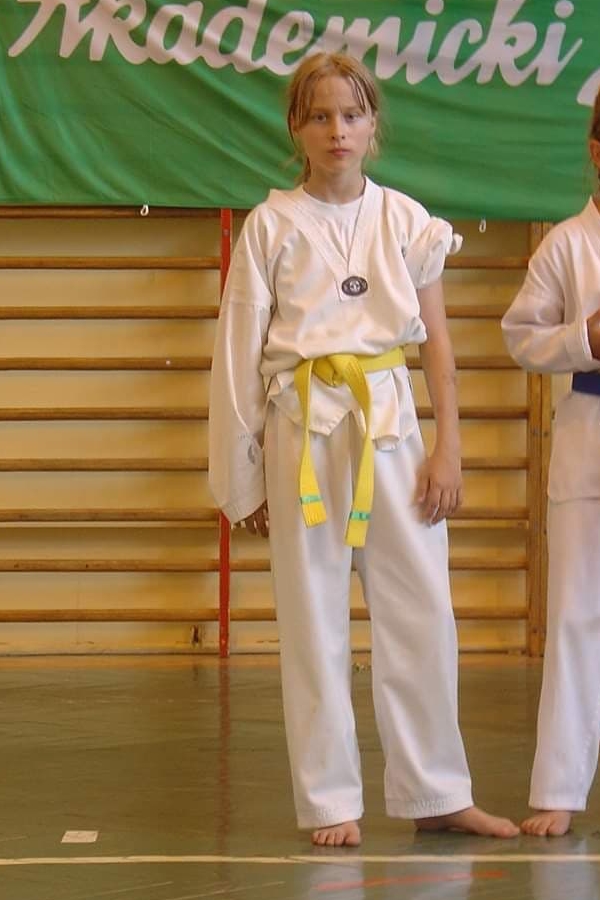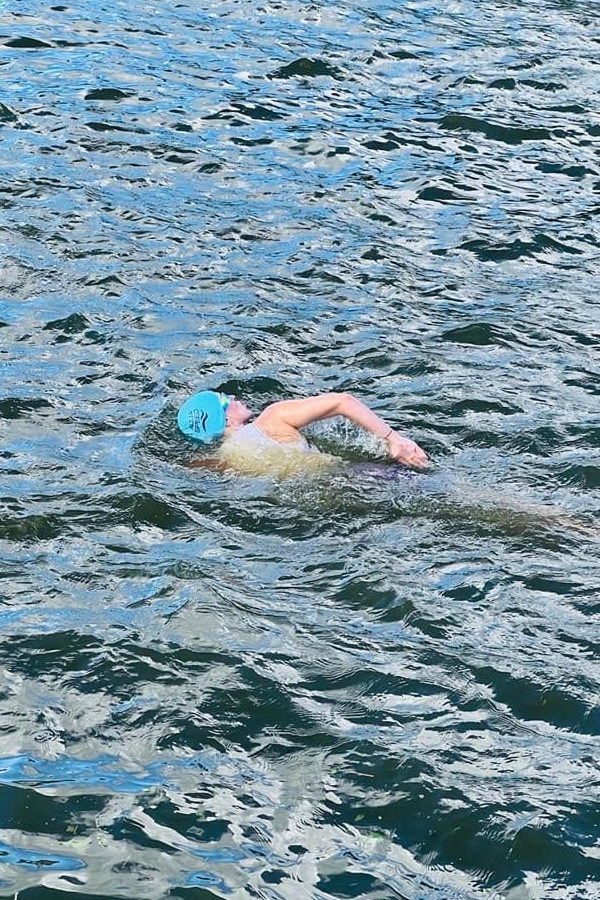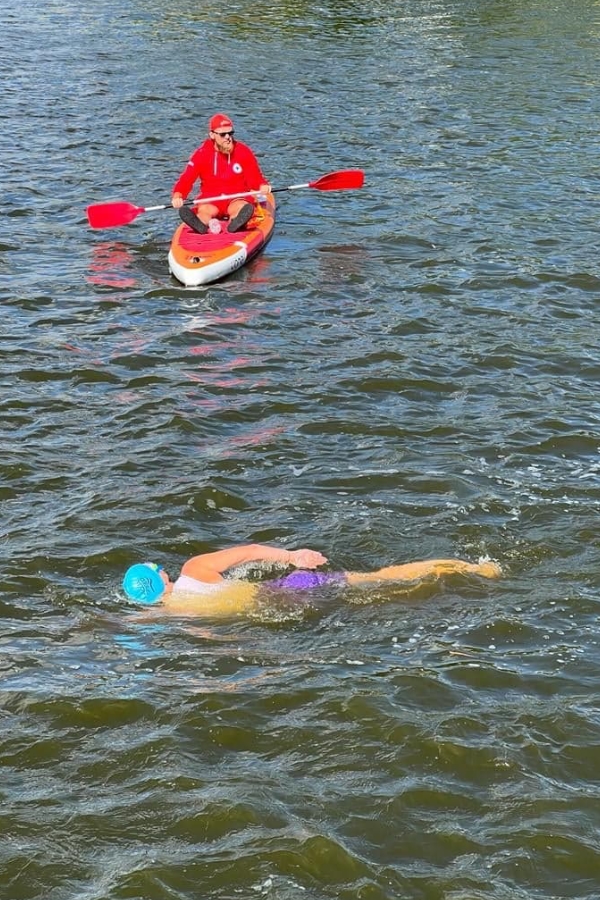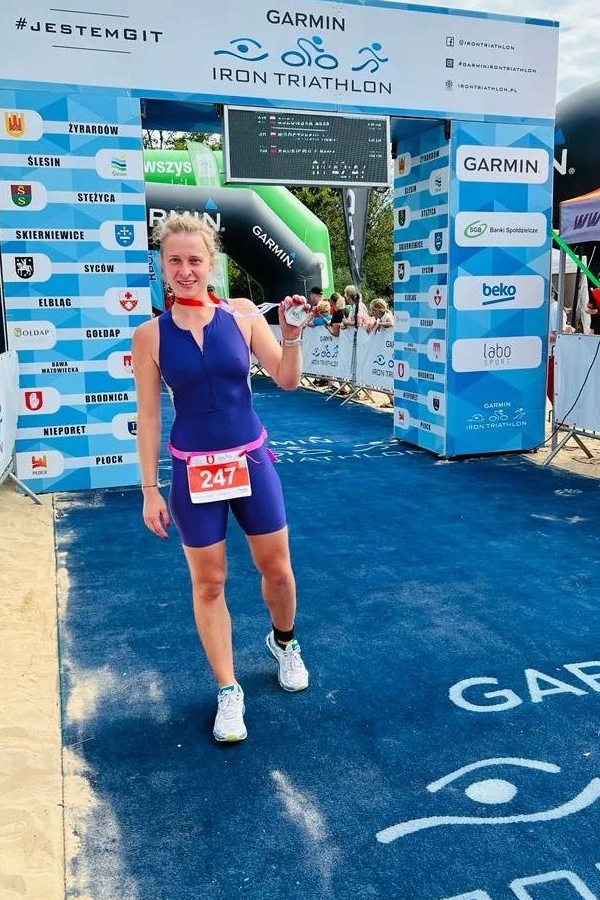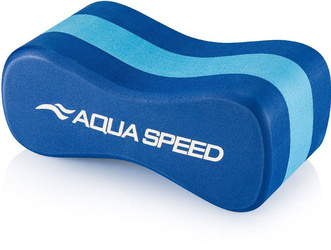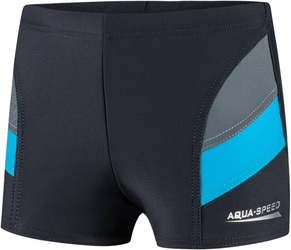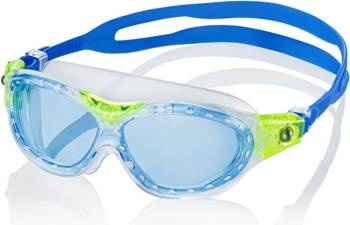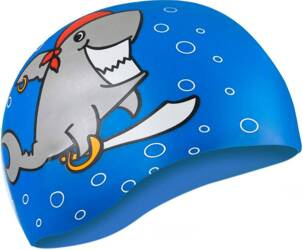How to Choose the Right Sport for Your Child
- Don’t project your unfulfilled ambitions and dreams onto your child.
- The child must accept and enjoy the activities they participate in.
- Avoid overwhelming your child with too many extracurricular activities.
- Support your child; their initial desire to quit might be a simple issue that can be resolved. Talk to your child.
- Consider the location of the activities as a parent. It might turn out that over time, getting your child to their classes becomes a challenge for you.
- Make sure the child understands they have a choice. If one discipline doesn’t work, you can try something else—but don’t give up on sports altogether.
- Don’t pressure your child to be the best! The focus should be on enjoying sports and training.
- Lead by example.A child seeing their parent engaged in physical activity is the best motivation.
- Not every child needs to be an athlete. No special predispositions are required to keep the body in good shape. The most important thing is finding a sport your child enjoys and practicing it regularly.
Sports Classes at School
Were PE classes in primary and secondary school something you enjoyed or a challenge? What do you remember most fondly about PE, and what do you remember the least fondly?
Ania Guzowska: Physical education classes were always important to me because I’ve loved physical activity since childhood. In fact, PE was the only school subject where I consistently received top grades throughout my education.
In primary school, I participated in all school competitions, whether it was running or team sports. Later, things looked a bit different because competitive sports took up most of my time. My least favorite memory is from middle school when there was a division between girls and boys. I love playing soccer and always envied my male classmates for being allowed to play during lessons. [smiles]
In high school, I hardly had any PE lessons at all. I graduated from the School of Sports Excellence in Olsztyn, and at that level, PE classes were replaced by training sessions.
Swimming – An Essential Skill
Did your school have water-based classes, and did you develop a passion for swimming?
AG: Unfortunately, my town didn’t have a swimming pool, and I didn’t have the opportunity to learn swimming as children in larger cities do. As a child and later as a teenager, I was afraid of water, and it was hard for me to overcome that fear. As a result, I learned to swim quite late, although I believe it is a very important skill. Every student should have the chance to learn at least the basics of swimming as part of PE classes—especially in an era when children are absorbed by technology and difficult to motivate to engage in sports.
Read the article in AQUA SPEED magazine: Where to Train Swimming and What Gear to Choose?


